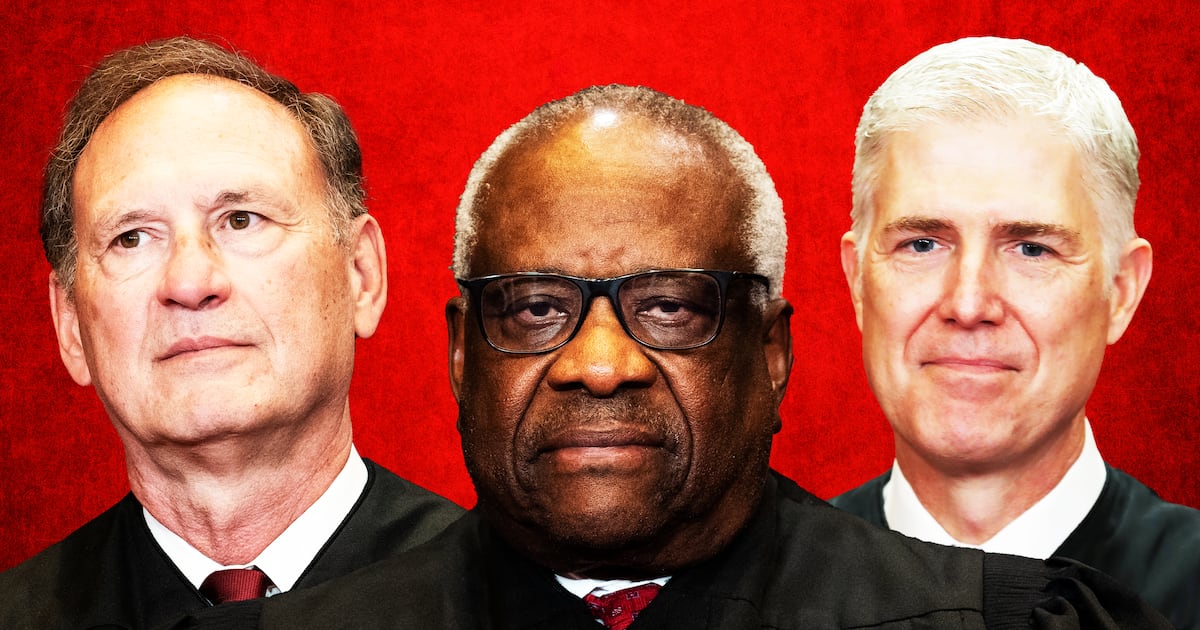LAS VEGAS — Legendary Las Vegas sports bettor Billy Walters is known for getting the best of almost every wager, but this time federal authorities allege he went too far.
Walters was hit with federal criminal charges Thursday in the Southern District of New York in connection with a lengthy insider-trading investigation that claims he made millions at the expense of the Dean Foods Company of Dallas, and Olive Garden parent company Darden Restaurants. Walters’s insider connection at Dean Foods, according to the government’s previously sealed information, is former longtime board of directors member Thomas C. Davis. Now accused of 12 criminal violations, Davis resigned from the company in 2015 and has agreed to cooperate in the investigation.
Walters, 69, was arrested Wednesday afternoon at his upscale Bali Hai Golf Club on Las Vegas Boulevard by agents from the FBI’s public corruption squad and IRS Criminal Investigation Division. It’s a reminder that Walters has not only been enormously successful betting on sports, but also has been a high-rolling player in Nevada politics, donating generously to candidates and hosting fundraisers at his restaurant and golf course.
ADVERTISEMENT
In a statement, Walters’s longtime attorney Richard Wright called his client a solid citizen wrongly accused.
“Bill Walters is a true American success story, whose accomplishments as a lawful sports gambler have been widely recognized and lauded,” Wright said. “Mr. Walters’s renowned work ethic and many other talents also have helped him achieve great success in business, investing, and philanthropy. Mr. Walters and his counsel look forward to his day in court where it will be shown that the prosecutors’ accusations are based on erroneous assumptions, speculative theories, and false finger-pointing.”
Whether golfer Phil Mickelson is one of those pointing fingers remains to be seen. Mickelson took the equivalent of a mulligan and agreed to repay the government $931,000 in gains he made from using insider information passed to him from his friend Walters. Mickelson was named as a “relief defendant,” meaning he was “unjustly enriched,” but was not accused of a crime. His attorney Gregory Craig said in a statement, “The complaint does not assert that Phil Mickelson violated the securities laws in any way. On that point, Phil feels vindicated. At the same time, however, Phil has no desire to benefit from any transaction that the SEC sees as questionable.”
In a parallel action, the Securities and Exchange Commission announced civil insider trading charges against Walters and Davis.
“As we charge in our complaint, Walters illegally reaped tens of millions of dollars with the benefit of the ultimate ace in the hole—confidential information leaked by a sitting board member of a public company,” SEC Enforcement Division Director Andrew Ceresney said. “Additionally, Mickelson will repay the money he made from his trading in Dean Foods because he should not be allowed to profit from Walters’s illegal conduct.”
Insider trading investigations received a setback in 2014 when a federal appeals court overturned the convictions of two hedge fund officers. According to The New York Times, United States Attorney for Manhattan Preet Bharara appeared to be sending a message that his office, at least, wasn’t finished fighting against insider dealings. In a Thursday press conference, Bharara made much of the secretive nature of the Walters and Davis contacts.
“Walters and Davis made efforts to cover up their conduct,” Bharara said. “Walters supplied Davis with an anonymous prepaid cell phone specifically for the purpose of communicating inside information about Dean Foods. Walters and Davis also used coded language, as we allege, to hide from law enforcement, including referring to Dean Foods in their illegal conversations as the Dallas Cowboys.”
Walters isn’t likely to be able to cut a check and talk his way out of trouble.
Although published reports previously intimated that an ongoing Securities and Exchange Commission investigation of Dean Foods and the Davis-Walters-Mickelson connection appeared to be closing, the criminal charges signal a dramatic shift. Walters not only faces 10 counts but also the potentially devastating testimony of cooperating witness Davis, who allegedly perjured himself in a previous effort to keep the insider scheme from SEC investigators.
Walters and Davis met in the mid ’90s and shared common interests in sports, especially golf, and business. Although their attempts at working together on their own deals faltered, in April 2010 Walters helped Davis secure a $625,000 short-term loan and then later “assumed responsibility for the balance” of the note, the government alleges. The two later entered into a limited liability company to invest in preferred shares of a software company, according to the government.
It’s alleged that from 2008 to 2014, Davis provided private corporate information to Walters, who used the insider advantage to purchase and sell securities. The information included Dean Foods’ financial outlook and performance, its earnings results, and the plan to spin off its WhiteWave subsidiary.
Walters’s insider stock wagers generated approximately $32 million in profits and avoided $11 million in losses. He was such an active investor, and his plays were so profitable, that “on certain trading days, Walters’s purchases or sales based on Inside Information amounted to more than 30 percent of the total daily trading volume in Dean Foods stock,” according to the charging document.
The pair used clandestine meetings, and according to the government Walters issued Davis a prepaid cellular phone card to disguise their contacts. The “Dallas Cowboys” was substituted for Dean Foods in their conversations. The charging information includes multiple incidents in which a call from Davis to Walters within 24 hours resulted in a purchase or sale of company stock by the gambler. On May 10, 2010, for example, Walters is alleged to have taken advantage of a Davis tip on an earnings announcement to avoid $7.3 million in stock losses.
Long on the radar of local, state, and federal law enforcement in Nevada, Walters is perhaps best known as a central member of the “Computer Group,” a collection of well-sourced bettors and handicappers who beat a federal illegal bookmaking indictment in the early ’90s. In the ensuing years, Walters has been as controversial as he has been successful in the business of gambling and golf course development.
His run of luck against law enforcement has been nothing short of uncanny. Walters has beaten state money laundering indictments tied to his sports betting operation and battled back as officials pushed through legislation making so-called “messenger betting” illegal. The law was considered directly aimed at Walters’s use of agents as beards for his wagers.
He’s beaten the government at its own game four times, but Billy Walters also knows that not even the best win every wager.






